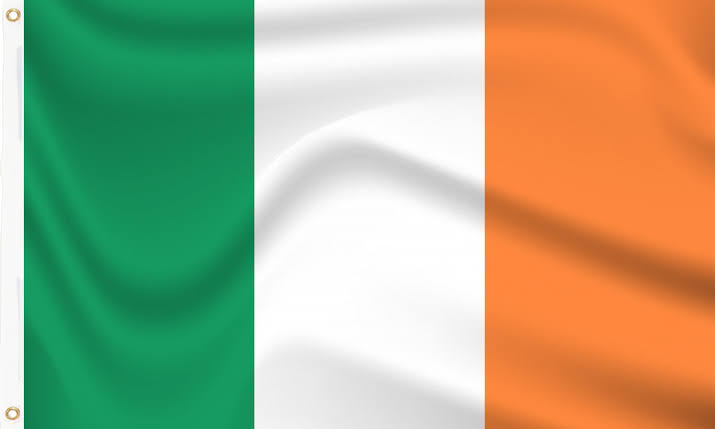The Irish government on Wednesday deported 35 Nigerian nationals for violating immigration laws.
The operation, led by the Garda National Immigration Bureau (GNIB), saw the individuals removed via a chartered flight from Dublin Airport to Nigeria on the night of June 4, 2025.
According to a statement from the GNIB, the deportees included five children and nine women. All the children were part of family units.
“This is the third charter operation this year,” the Bureau confirmed, adding that the deportation marks the first charter flight to Africa in 2025 since the Republic of Ireland began operating such flights in February.
Irish Justice Minister Jim O’Callaghan emphasised the importance of a rules-based immigration system, stressing that adherence to lawful migration channels is vital for fairness and order.
“Ireland has a rules-based immigration system. It is important that those rules are robust and enforced,” O’Callaghan stated. “The return of people whose applications have been refused and deportation orders have issued is the foundation of any modern rules-based immigration process.”
He further explained that the charter deportation sends a strong message to those residing in the country without legal permission.
“Removal operations of this nature send a clear message that there are consequences for people who remain in our country without permission and underscore this Government’s intention to protect the integrity of our immigration system,” he said.
The Justice Minister also noted that the deportation flight encountered a brief disruption due to a medical emergency onboard. “The flight was required to make an unscheduled stop due to a medical incident on board, but I am happy to say that the flight was able to resume its journey with all 35 returnees arriving safely in Nigeria this morning.”
Ireland, like many European nations, has been tightening immigration protocols in recent years. Officials maintain that international protection applications must follow due process, and those denied must comply with orders to leave the state.
“People coming to Ireland must follow the appropriate pathways for legal migration, and these pathways must be adhered to and protected for our immigration system to work fairly and effectively,” O’Callaghan concluded.
The deportation has drawn attention across both countries and raises continued debate around migration policies, human rights, and international cooperation.











